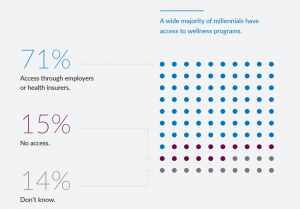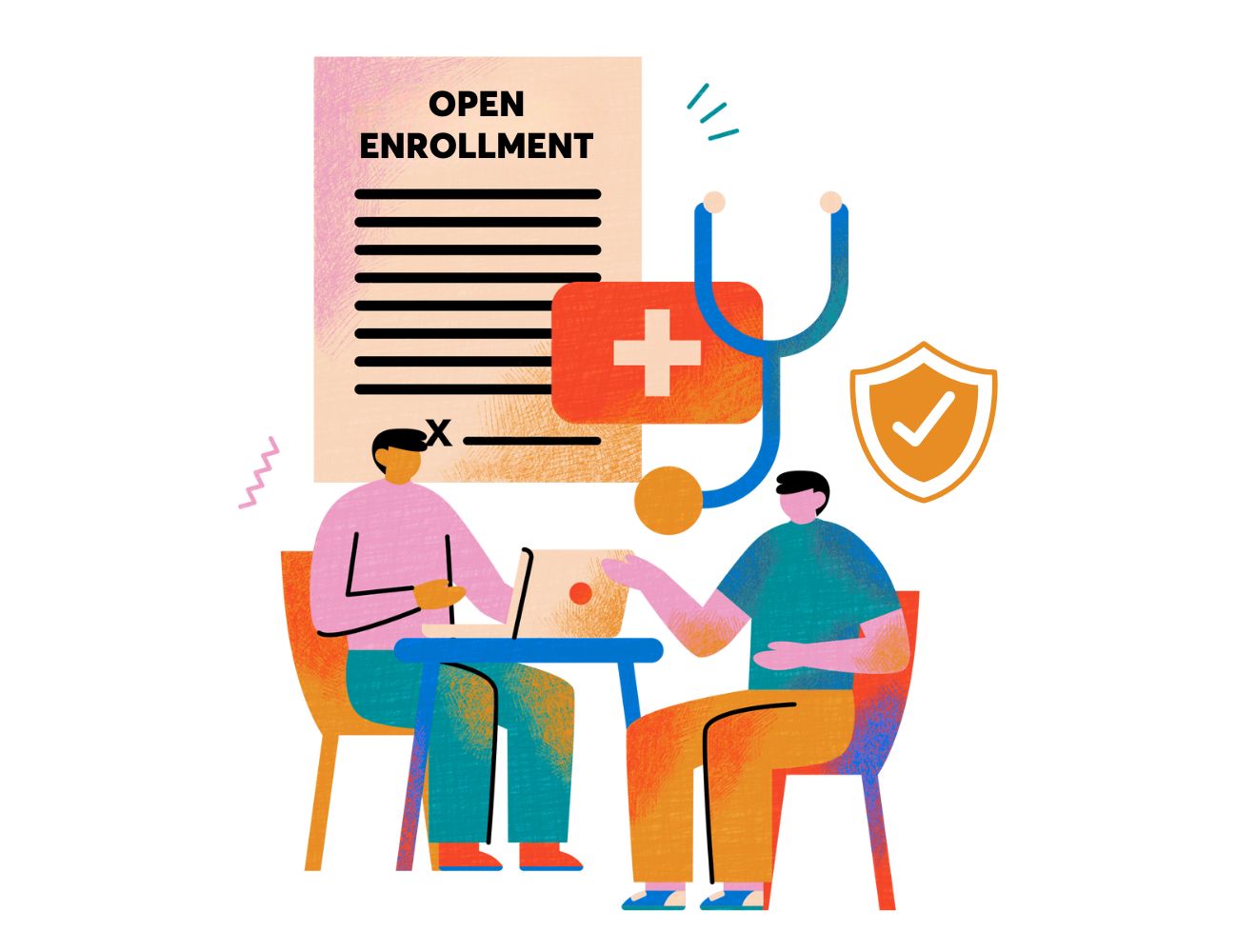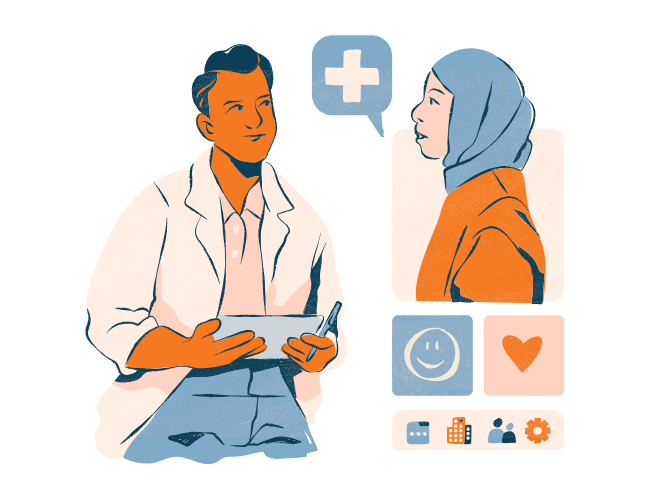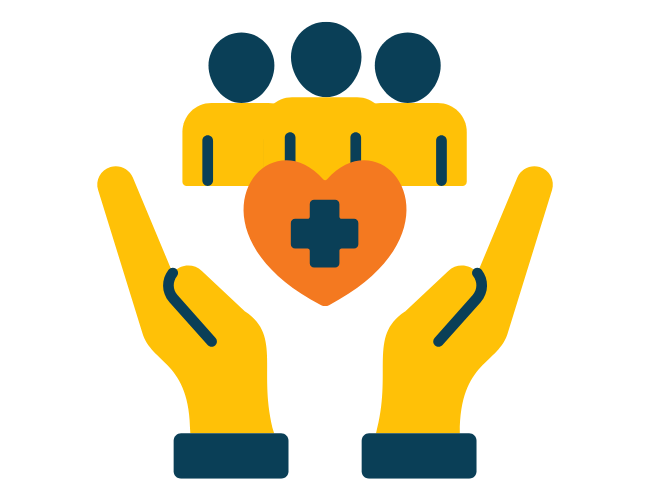WebMD released a report (Millennial Health and Wellness Perceptions: Clues to Increasing Wellness Program Engagement) that focuses on millennials and employee wellness. With millennials representing the largest generation in the workforce, taking a critical look at their specific needs and preferences provides insights on how to best engage these employees in wellness programs. Below are some highlights that are worth noting from the report.
The Future Matters
The report found that millennials are far more concerned about the future than their older counterparts. Specifically, 45% of millennials view financial health (bills, debt, and savings) as big concerns for their future. This is why the growth in financial wellness programs is such an important expansion in the way companies view total wellbeing. Also, millennials view work life balance (41%) and not enough free time (36%) as major concerns at higher rates than other generations. Only 29% and 20% of Gen Xers and baby boomers, respectively, feel the same about time spent working. Millennials view their professional obligations as hindrances to achieving their personal goals for the future.
Their Health Matters
Millennials are more conscious of their health than older generations as well. They tend to work out more, avoid using tobacco, and consider their health relative to norms. As such, millennials are more aware of their employee wellness program, which means they are more likely to participate in them. Only 56% and 49% of Gen Xers and baby boomers, respectively, reported having access to wellness programs compared to 71% of millennials.

Access To Technology Matters
Millennials are digital natives because they grew up in a time where technology was a given, not a novelty. As such, millennials are far more likely to use or be interested in using digital health technologies. According to the survey, 46% of millennials currently use health and wellness solutions and 34% indicated that they plan to start using them. Less than one-third of Gen Xers and 14% of baby boomers currently use digital health technologies and only 26% and 10%, respectively, plan to do so. Only 8% of millennials are not interested in digital health technologies compared to 21% and 44% for Gen Xers and baby boomers, respectively.












